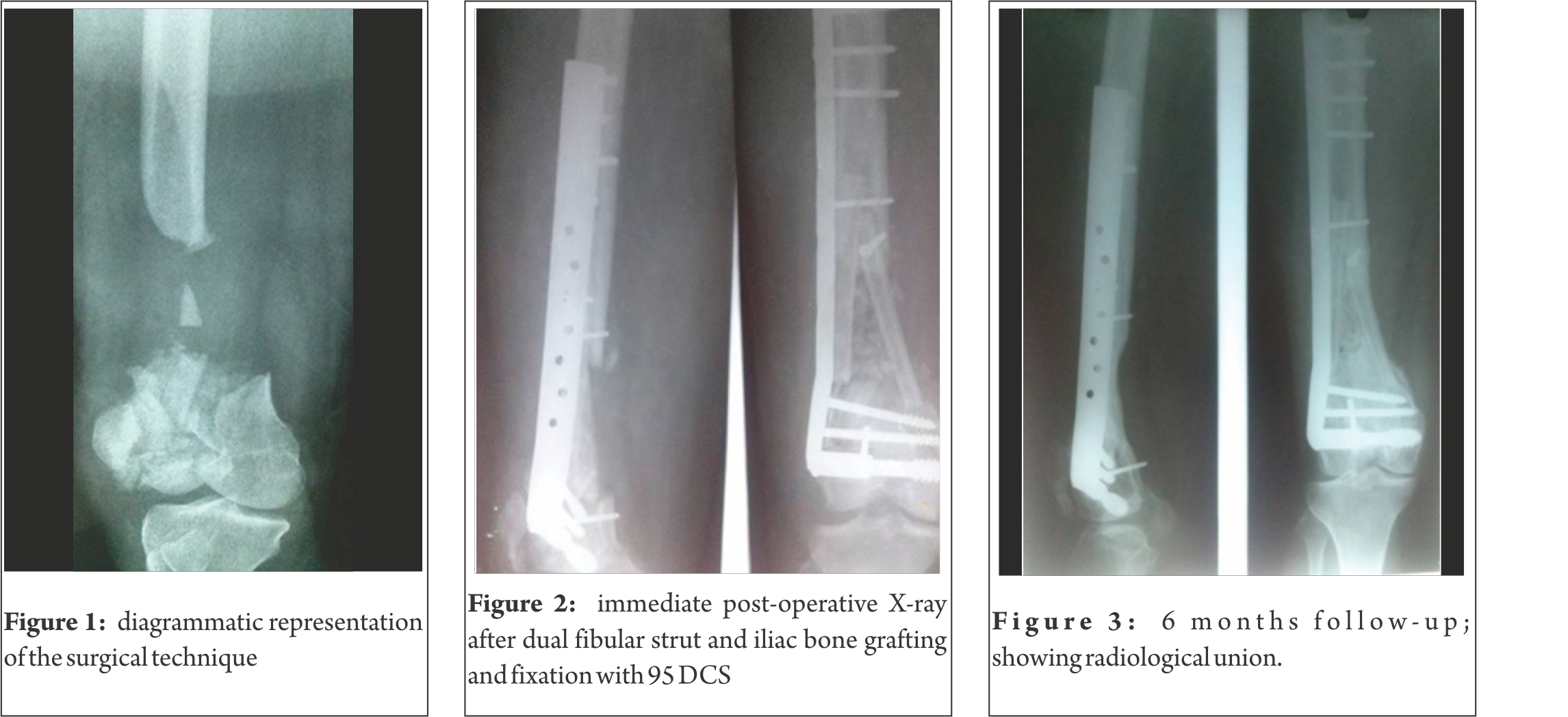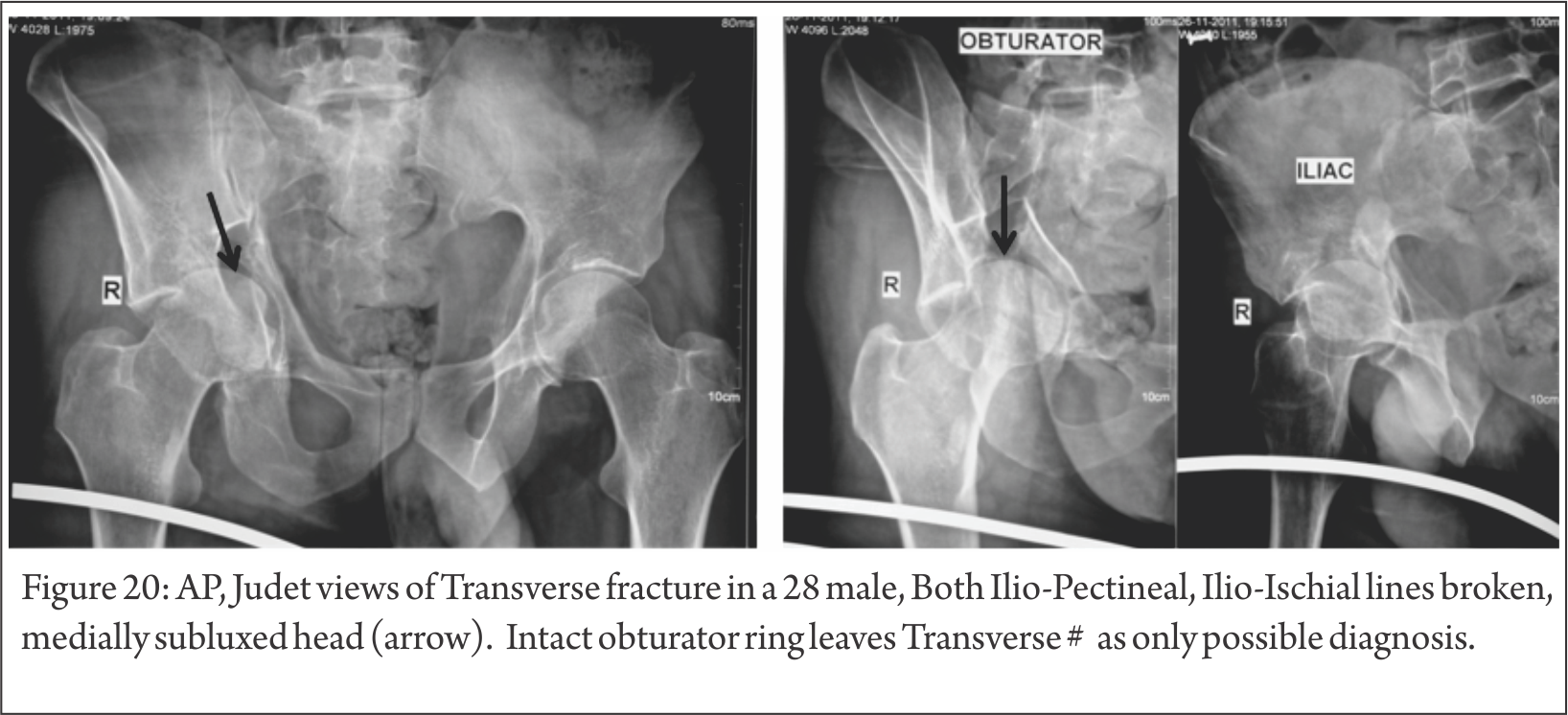

Known for seeking profits by slashing costs in retail sectors such as toys and shoes, private equity investors have taken a similar approach to the fishing industry, which offered an opportunity to make a significant return on investment through economies of scale. Still, private equity’s gain has largely been small fishermen’s loss. seafood more competitive against cheaper fish imported from foreign countries that subsidize their fleets. Boosters say that consolidation can improve efficiency and make U.S. To be sure, private equity can inject capital to buy new equipment or renovate a processing facility. “I cannot tell you how many times I have listened to employees scared to the core for themselves and their families due to unsubstantiated rumors about our company.” “New Bedford is an interesting community, particularly in this ‘colorful’ sector, and the rumor mill is particularly vicious,” he added. Wilson said in an email that he has been “fighting a handful of fires” and that “speaking with the press has been low on my priority list of late.” He is more concerned “about moving our strategy forward so that the 200+ folks who work for Blue Harvest can be confident about their future,” he said. Bregal is an arm of a firm owned by a Dutch billionaire family, who are best known for their multinational clothing company, which maintains a steady track record of environmental philanthropy and low-wage labor around the globe.īregal, its parent company and Blue Harvest President Chip Wilson did not respond to questions. The acquisitions are backed by $600 million in capital from Bregal Partners, a Manhattan-based private equity firm. Department of Agriculture this past February to supply food assistance programs. It has expanded into groundfish, tuna and swordfish, as well as becoming a government contractor, winning a $16.6 million contract from the U.S. It started with the self-proclaimed goal of “dominance” over the scallop industry. Since it was founded in 2015, Blue Harvest has been acquiring vessels, fishing permits and processing facilities up and down the East Coast. Blue Harvest has also benefited from lax antitrust rules governing how much fish it can catch. As already harsh working conditions have deteriorated, the new group of owners has depressed income by pushing expenses onto fishermen, an investigation by ProPublica and The New Bedford Light has found. But a quiet shift is remaking the city and the industry that sustains it, realizing local fishermen’s deepest fears of losing control over their livelihood.īlue Harvest and other companies linked to private equity firms and foreign investors have taken over much of New England’s fishing industry.


In recent years, the port of New Bedford has thrived, generating $11.1 billion in business revenue, jobs, taxes and personal income in 2018, according to one study. Leeman’s lament is a familiar one in New Bedford, an industrial city tucked below Cape Cod on the south coast of Massachusetts.

“Tell me how I can catch 50,000 pounds of fish yet I don’t know what my kids are going to have for dinner.” “It’s a nickel-and-dime game,” said the 40-year-old Leeman, who wore a flannel shirt beneath foul weather gear and a necklace strung with a compass, a cross, and three pieces of jade - one piece for each of his three children. On his return to New Bedford, Jerry Leeman maneuvers equipment to unload fish onto the dock. Across six trips in the past 14 months, Leeman netted about 14 cents a pound, and the crew, about 7 cents each - a small fraction of the $2.28 per pound that a species like haddock typically fetches at auction. Blue Harvest charges Leeman and his crew for fuel, gear, leasing of fishing rights, and maintenance on the company-owned vessel. On deck, Leeman held a one-page “settlement sheet,” the fishing industry’s version of a pay stub. Leeman and his crew are barely sharing in the bounty. About 390 million pounds of seafood move each year through New Bedford’s waterfront, the top-earning commercial fishing port in the nation. DonateĪs sunrise broke over New Bedford harbor, the fish were offloaded in plastic crates onto the asphalt dock of Blue Harvest Fisheries, one of the largest fishing companies on the East Coast. Fact-based, independent journalism is needed now more than ever.


 0 kommentar(er)
0 kommentar(er)
